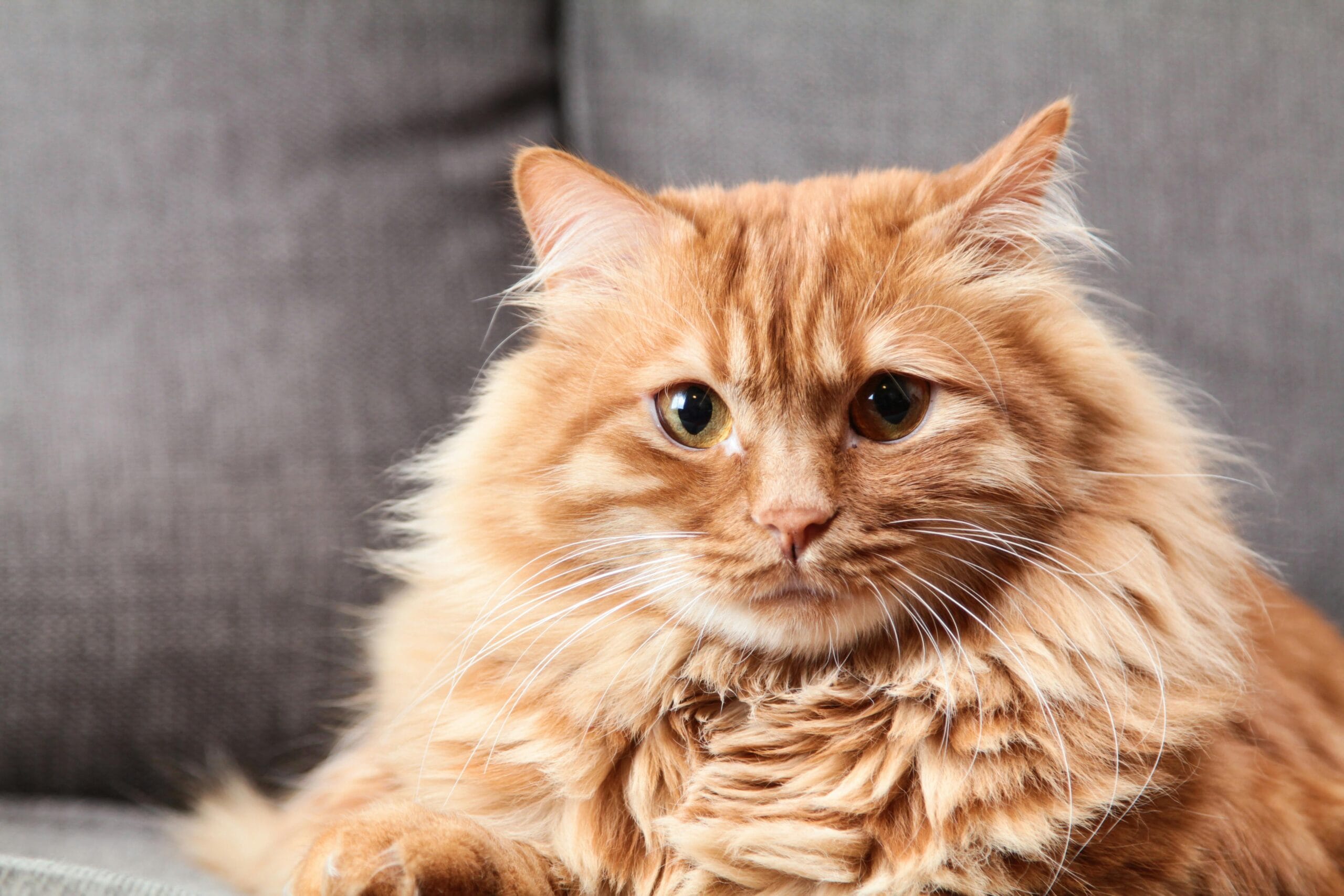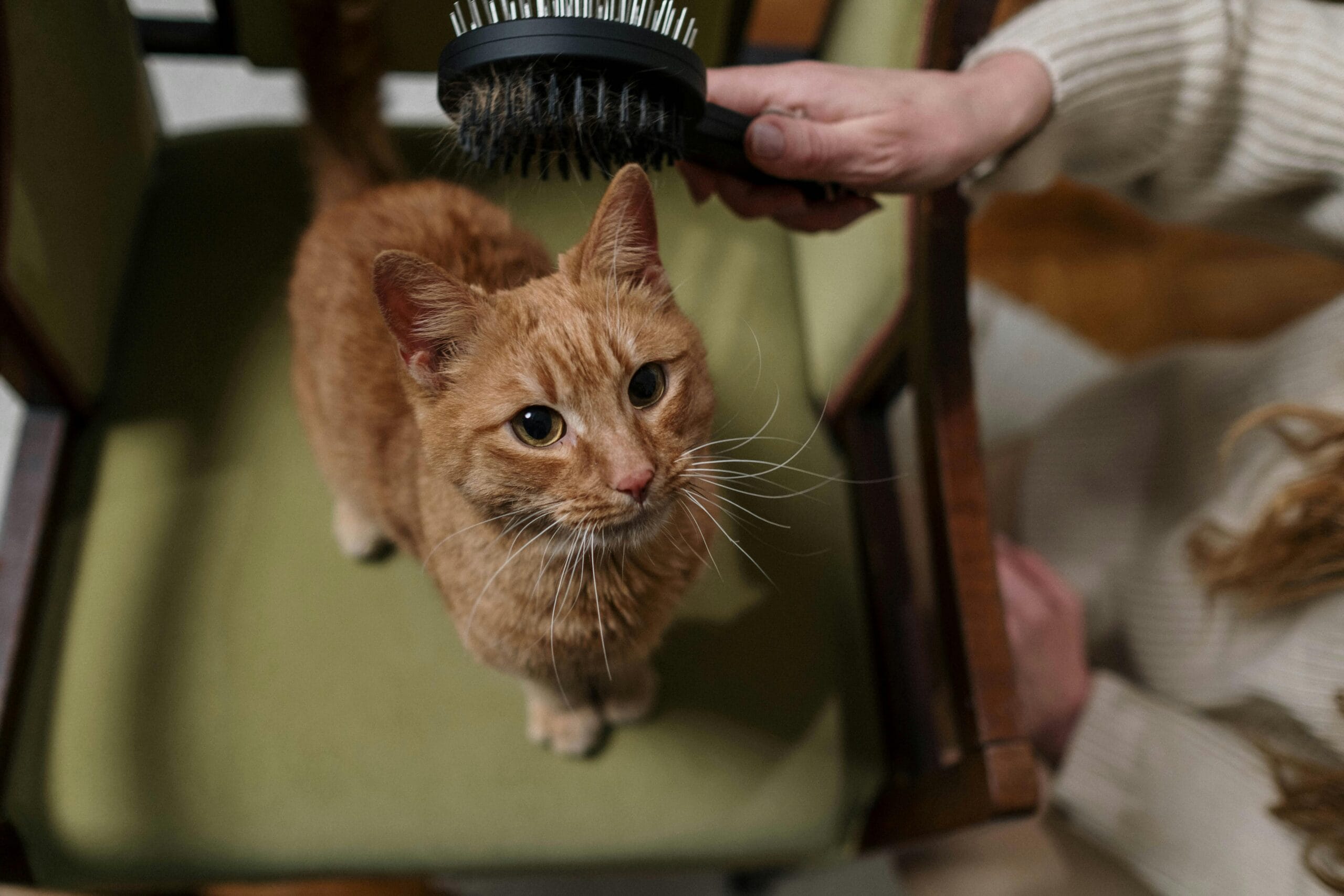Do Cats Eat Mice? Discover the fascinating world of cat eating mouse! Learn about cats hunting mice, their natural instincts, and more. Uncover surprising facts!
Do Cats Eat Mice? A Comprehensive Look at Feline Predation
The age-old question, Do cats eat mice?, is a resounding yes. It’s deeply ingrained in their nature, a primal instinct honed over millennia. Understanding why cats hunt and consume mice provides fascinating insight into feline behavior, evolution, and even our own relationship with these captivating creatures. This article explores the intricacies of cat eating mouse behavior, covering everything from the hunting process to the reasons behind this seemingly gruesome act, and even touching on potential risks involved.
The Instinctive Drive: Why Cats Hunt Mice
Cats hunting mice isn’t simply about hunger; it’s a complex interplay of instinct and genetics. Domestic cats, despite their pampered lifestyles, retain the powerful hunting instincts of their wild ancestors. Mice represent a readily available source of protein, but the act of hunting itself is highly rewarding. The chase, the thrill of the hunt, stimulates their natural predatory drive, releasing endorphins and providing a satisfying sense of accomplishment. This is why even well-fed cats may still engage in cats hunting mice – it’s not always about sustenance.
Consider the difference between a cat brought up indoors and one with access to outdoor space. While an indoor cat may only occasionally get the chance to show their hunting skills, a cat with outdoor access may actively hunt small prey, whether or not it needs food. This emphasizes the deeply ingrained predatory instinct within them, independent of their current nutritional state. This is similar to how some cats display instinctive behaviors like eating cockroaches, even if they aren’t hungry.
The Hunting Process: From Ambush to Consumption
The way a cat hunts and kills a mouse is a testament to its efficiency. It typically involves a combination of stealth, patience, and explosive speed. Cats are masters of camouflage, often using their environment to their advantage. They stalk their prey, slowly and silently approaching before launching a sudden attack. The kill is usually swift and decisive, often involving a bite to the neck. This is not to say they are always perfect hunters! Sometimes, they may fail and leave the prey for another time.
Interestingly, the killing behavior of adult cats stands in stark contrast to the sometimes erratic behavior of kittens. While adult cats usually perform a swift and efficient kill, kittens may be more playful, sometimes even exhibiting behavior similar to biting and playing roughly with the mouse. This eventually transitions into the more efficient adult hunting techniques. Understanding this natural progression helps us appreciate the developmental stages of a cat’s predatory behavior. Even extreme cases where kittens are harmed are sometimes the result of misinterpretations by mothers or adult cats – such as the possibility of cats eating their own kittens or male cats killing kittens. Male cats eating kittens is unfortunately another extreme example of this.
Beyond Hunger: The Psychological Aspects of Cat Eating Mouse
The act of cat eating mouse is more than just a biological imperative; it fulfills a psychological need. The satisfaction derived from successful hunting isn’t solely about food; it reinforces their position at the top of the food chain, providing a sense of control and self-sufficiency. This behavior is deeply rooted in their evolutionary history and plays a crucial role in their well-being.
For indoor cats, providing opportunities for mentally stimulating play can help satisfy this instinct. Interactive toys that mimic the movements of prey can offer a healthy outlet for their predatory drive. This can help to lessen the likelihood of them seeking out real prey, such as mice, if they have the opportunity. Providing enrichment helps prevent boredom and ensures your cat remains mentally and physically active. This is especially important in preventing the development of unwanted habits such as eating cockroaches or similar.
Potential Risks: Health Concerns and Prevention
While the sight of a cat eating mouse might be unsettling to some, there are potential health risks to consider. Mice can carry diseases such as toxoplasmosis, which can be harmful to both cats and humans. Regular flea and tick prevention is also crucial, as these parasites can transmit diseases. Keeping cats indoors can significantly reduce these risks. Although, if your cat is frequently bringing home prey, it can suggest an issue with their indoor enrichment.
It’s important to consult your veterinarian about any concerns regarding your cat’s hunting habits or potential exposure to diseases. They can provide guidance on preventative measures and address any health concerns related to cat eating mouse behavior. The ASPCA provides detailed information on common cat health problems, including those potentially linked to prey consumption. Similarly, the American Veterinary Medical Association (AVMA) offers valuable information regarding pet care and health.
Understanding Your Cat’s Instincts
Ultimately, understanding why do cats eat mice requires acknowledging their deep-seated evolutionary programming. It’s a complex behavior driven by instinct, physiology, and psychology. While we may find aspects of it unsettling, appreciating the natural behaviors of our feline companions allows us to provide a more enriched and fulfilling life for them, minimizing risks, and celebrating their innate abilities. By acknowledging this natural behavior, we can better meet their needs and build a stronger bond with our beloved cats.
Conclusion: Living with a Natural Predator
The question, “Do cats eat mice?” is answered definitively: yes, they do. This is a fundamental aspect of feline nature, deeply ingrained in their evolutionary history. While it might be unsettling at times, understanding the reasons behind this behavior—the interplay of instinct, hunting prowess, and psychological satisfaction—helps us better appreciate and care for our feline companions. Providing appropriate enrichment and preventative healthcare can minimize risks and ensure our cats live long, healthy, and fulfilling lives.
Share your experiences! Have you witnessed your cat hunting mice? Did you have any concerns or implement any specific preventative measures? Share your stories in the comments below – let’s discuss the fascinating world of cat eating mouse behavior and cats hunting mice.

Frequently Asked Questions about Cats Eating Mice
- Do cats eat mice?
- Yes, many cats, both domestic and feral, hunt and eat mice. It’s an ingrained instinct related to their predatory nature. Do Cats Eat Mice is a common question, as it’s a natural part of their behavior.
- Why do cats eat mice?
- Cats eat mice primarily for sustenance. Mice are a good source of protein. The act of cat eating mouse is driven by their natural hunting instincts, even if they’re well-fed with commercial food.
- Are all cats good at hunting mice?
- No, some cats are better hunters than others. Success in cats hunting mice depends on factors like breed, individual personality, and experience. Some cats may show little interest in hunting.
- Is it dangerous for cats to eat mice?
- Yes, there are risks. Mice can carry diseases like toxoplasmosis, which can be harmful to cats and humans. Regular vet checkups are important to ensure your cat’s health if cat eating mouse is a regular occurrence.
- How can I prevent my cat from eating mice?
- Keeping your home clean and free of potential mouse entry points is crucial. Providing your cat with plenty of food and enrichment can also reduce their hunting drive. Do Cats Eat Mice can be less of a concern with proper prevention.
- My cat brought me a dead mouse, what should I do?
- While it’s a “gift,” safely dispose of the mouse immediately. Wear gloves to avoid potential diseases. It’s a natural part of the cat eating mouse instinct, but hygiene is key.
- My cat is obsessed with hunting mice, is this normal?
- While a strong hunting instinct is normal, excessive focus on hunting might indicate a lack of stimulation. Provide more playtime and enrichment to redirect their energy.
- What should I do if my cat eats a poisoned mouse?
- Contact your veterinarian immediately. This is a serious emergency, as the poison could be harmful to your cat. The act of cat eating mouse can have deadly consequences in such circumstances.
- Do indoor cats hunt mice?
- While less common, indoor cats can still hunt mice if they find their way in. Good pest control and secure windows/doors are vital to prevent this. Do Cats Eat Mice applies even to indoor cats.
- Is it cruel to let my cat hunt mice?
- Some argue that it’s a natural behavior, fulfilling a predatory instinct. Others highlight the risks of disease transmission to the cat. It’s a matter of personal ethics and responsible pet ownership to weigh the pros and cons of cats hunting mice.

Do Cats Eat Mice? Practical Tips and Health Considerations
The age-old question: do cats eat mice? The answer is a resounding yes. It’s ingrained in their predatory instincts. Mice represent a readily available source of protein, and the hunt itself provides crucial mental and physical stimulation for felines. However, while this natural behavior is perfectly normal, there are practical tips and health considerations to keep in mind.
Firstly, ensure your cat has access to a balanced diet. A well-fed cat is less likely to feel the overwhelming urge to hunt. Providing plenty of playtime and enrichment can also help satisfy their predatory drive. If you find your cat consistently bringing home unwanted “gifts,” consider puzzle feeders or interactive toys to channel their energy. For kittens exhibiting excessive biting, which can be a sign of understimulation, check out this helpful guide on how to get your kitten to stop biting.
Secondly, consider the health risks. Mice can carry parasites and diseases like toxoplasmosis, which can be dangerous for humans, particularly pregnant women. If your cat regularly hunts mice, regular vet check-ups are crucial to monitor for any potential health issues. Furthermore, the ingestion of rodents can potentially expose your cat to rat poison, posing a significant threat. Always keep rodent poison out of reach.
Thirdly, understand the complexities of feline behavior, particularly regarding kittens. While generally not common, there are cases where a mother cat may exhibit unusual behavior. For information on concerning behaviors such as a mother cat eating her kittens, see our articles on do cats eat their kittens, will male cats kill kittens, and do male cats eat kittens. These situations often have underlying causes and require professional veterinary attention.
Finally, remember that a cat’s diet isn’t limited to mice. They might also prey on other small creatures. For instance, some cats have a penchant for insects. Learn more about unusual dietary habits, such as why your cat might be eating cockroaches. Understanding these behaviors helps you provide a safer and healthier environment for both your cat and your family.
In conclusion, while cats eating mice is a natural instinct, responsible pet ownership involves understanding the potential health risks and providing a balanced and stimulating environment to minimize these risks. Regular veterinary care and a watchful eye will ensure your feline companion remains healthy and happy.
Do Cats Eat Mice, cat eating mouse, cats hunting mice